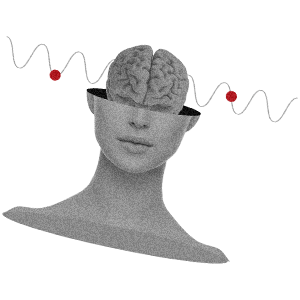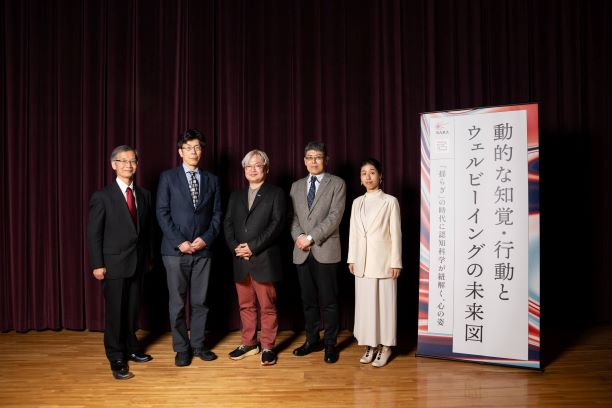RARA Fellow
Sociability research to facilitate well-being in a post-COVID society: Network-type MRI system



Sociability research to facilitate well-being in a post-COVID society: Network-type MRI system
SCROLL
FELLOW PROFILE
Graduated from the Faculty of Medicine at Kyoto University in 1983 with specialization in radiodiagnostics.
After serving as a Clinical Fellow in Radiology at the University of Maryland Medical Center (US), completed the program at the Graduate School of Medicine, Kyoto University, in 1994 and earned a Doctor of Medicine degree.
Subsequently, worked as a Researcher at the National Institutes of Health (US), and held positions as a Lecturer and an Assistant Professor at Fukui Medical School before becoming a Professor at the National Institute for Physiological Sciences (NIPS) in 1999. Now serves as a Professor at the Research Organization of Science and Engineering at Ritsumeikan University since 2023, Project Professor at NIPS and Core for Spin Life Sciences, Okazaki Collaborative Platform since 2024.
Served as the Director of the Japan Neuroscience Society and a Collaborating Member of the Science Council of Japan.
Investigating mechanisms for strengthening well-being through communication
Face-to-face communication involves “changing the other person’s psychological state by sharing information, concepts, or attitudes.” When two functional MRI machines are used to study neural activity during communication, synchronization of neural activity is observed, indicating a sharing of thoughts. My research focuses on connecting MRIs via the Internet to investigate neural activity during group communication, aiming to understand how shared states manifest in group settings.
Before delving into the neural foundations of communication, I explored the drastic neuroplasticity that occurs when visual or auditory input is lost. During this research, I discovered that the loss of sensory input has a significant impact on the development of communication, which sparked my interest in understanding the developmental process of social abilities. I chose this topic to investigate how restrictions on direct human contact, such as those experienced during the recent COVID-19 pandemic, affect human sociability.
Direct, face-to-face communication is essential for human well-being, yet its neural foundations are not well understood. To develop methods for enhancing well-being through communication, my goal is to first elucidate the neural basis of well-being, identify the factors that enhance it, analyze how face-to-face communication interacts with these factors, and ultimately uncover the mechanisms at the group level.
The roadmap for advancing this research starts with establishing a system that allows for the simultaneous measurement of functional MRI and EEG. This is followed by developing an experimental setup to connect multiple MRIs via the Internet. Since well-being consists of two aspects, comfort and fulfillment, I aim to clarify the neural foundations of these aspects and investigate how communication enhances comfort and fulfillment.
Through this research, I will contribute to the physiological interpretation of behavioral measurement, in collaboration with the project at Ritsumeikan University that focuses on quantifying communication quality through multimodal measurement.
Partnerships:
Research collaborations:
In collaborations with research institutions both in Japan and internationally, I prioritize actively listening to fellow researchers, ensuring a shared understanding of research subjects, and exchanging constructive feedback.



Latest Research Activity Report
-

Newsletter / Research Activity Report / Norihiro Sadato / Yuji Wada / Miho Fuyama
RARA Newsletter vol.14 Leading Researchers in Cognitive Science Unravel the Mechanisms of the Mind and Body in an Age of “Fluctuation”—A Detailed Report on the AY 2024 RARA-sponsored Symposium
2025 / 04 / 24
VIEW DETAIL
-

Research Activity Report / Norihiro Sadato / Yuji Wada / Miho Fuyama
AY2024 RARA Symposium on “Dynamic Perception and Behavior for a New Perspective on Well-being" has been held
2025 / 03 / 19
VIEW DETAIL

